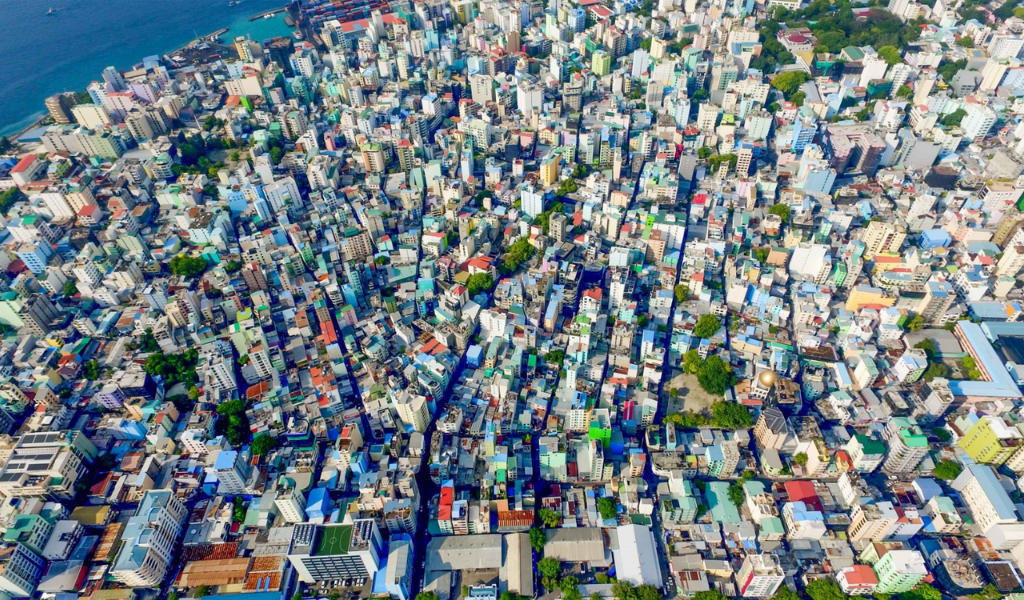
World Bank Cautions on Maldives' Rising Debt-to-GDP Ratio Amid Economic Growth
The World Bank has raised concerns over Maldives' escalating national debt in relation to its Gross Domestic Product (GDP), anticipating a surge of up to 115 percent. Despite an initial forecast of an 8.2 percent economic growth in 2023, the bank now anticipates a more conservative 6.5 percent expansion for the year, in contrast to the Ministry of Finance's more optimistic projection of 9.4 percent.
As per Finance Ministry records, the nation's debt currently stands at MVR 108 billion, with MVR 49 billion categorized as external debt and MVR 59 billion as internal debt. The World Bank emphasizes that this figure could further escalate if the debt-to-GDP ratio continues to rise.
The bank attributes this economic outlook to global economic uncertainties, which have affected Maldives' anticipated growth trajectory. Although the tourism sector remains a pivotal driver of economic progress, the World Bank suggests diversification through initiatives like eco-tourism and fisheries development.
Additionally, they advocate for strategic infrastructure investment in remote areas and the facilitation of private sector involvement to foster inclusive, environmentally sustainable growth resilient to external shocks.
Faris H. Hadad-Zervos, World Bank Country Director for Maldives, Nepal, and Sri Lanka, underscores the urgency for the Maldivian government to address the burgeoning state deficit and bolster debt management, emphasizing the need for prudent investment decisions.
Amidst these economic challenges, the World Bank underscores the importance of timely corrective actions. Prioritizing judicious debt management and redressing issues related to capital expenditure, subsidies, and inflation are paramount for sustained economic stability and resilience.